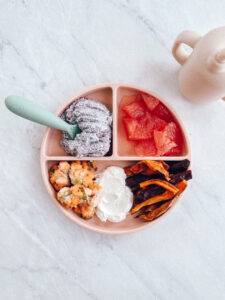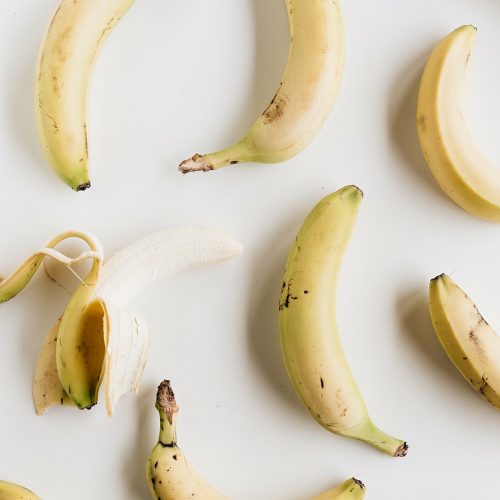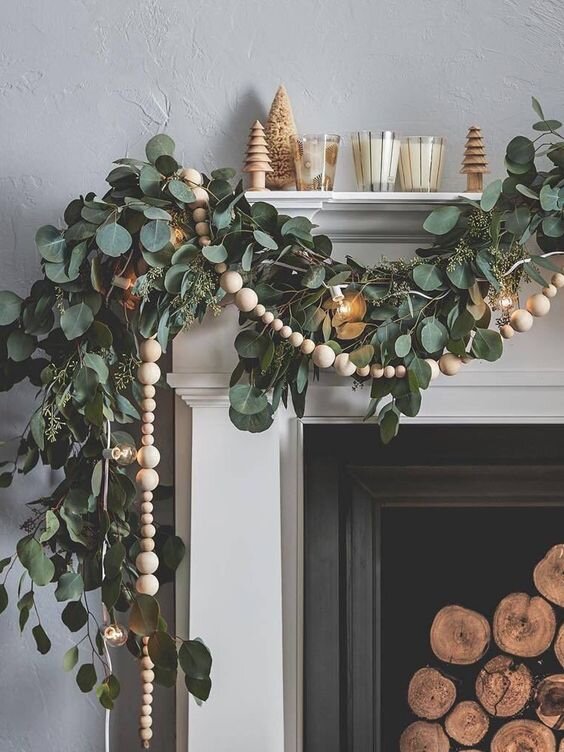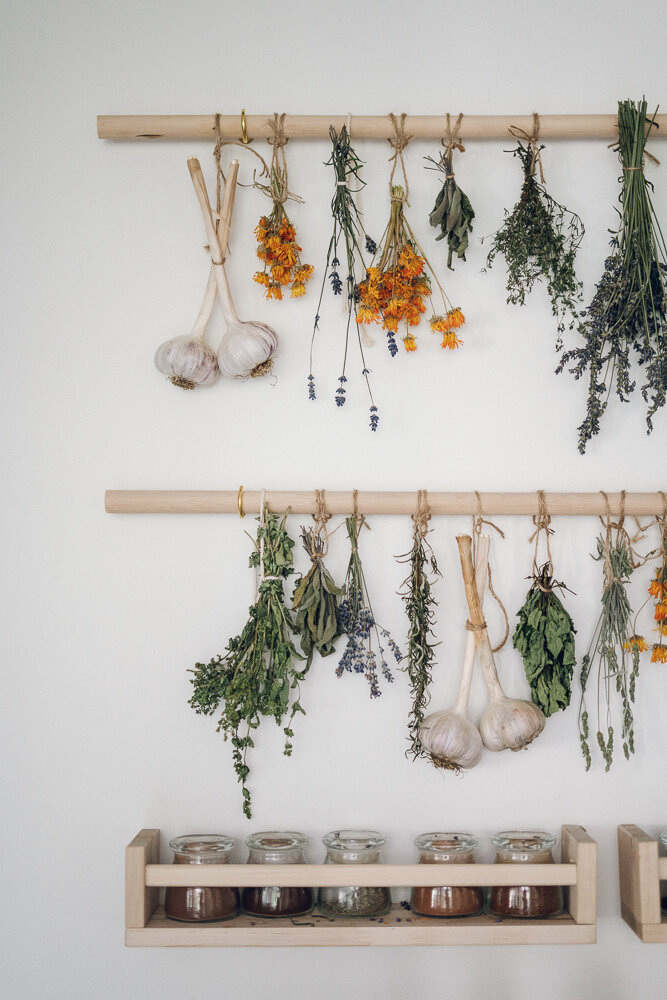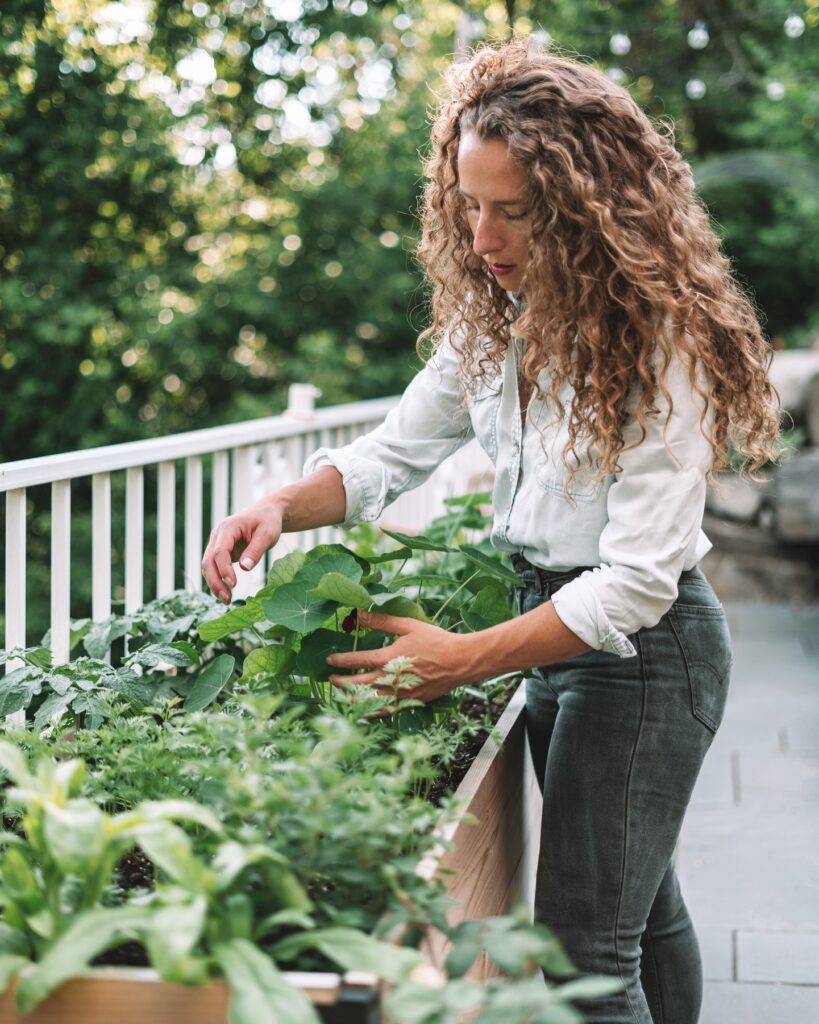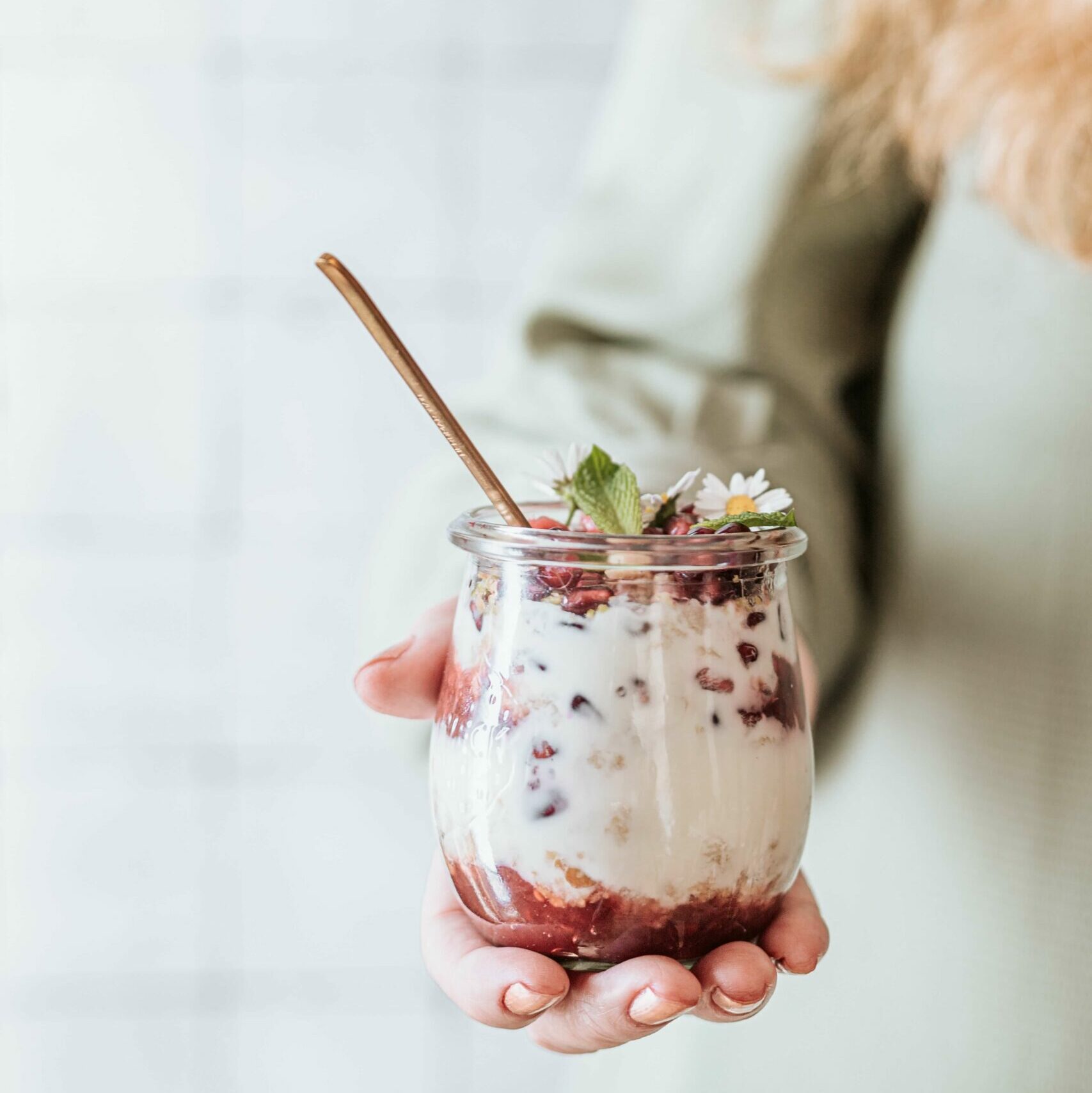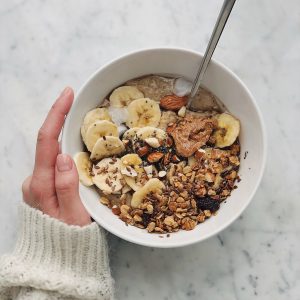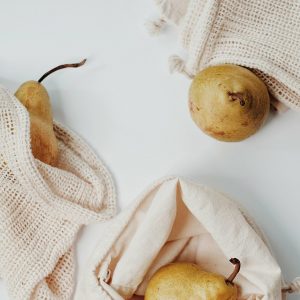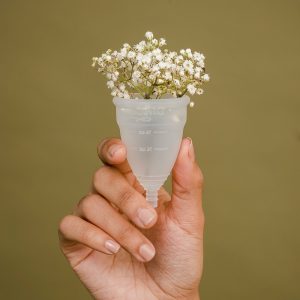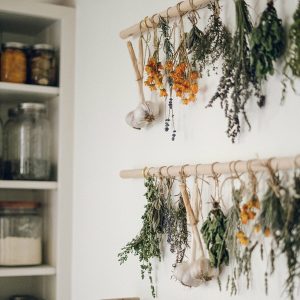When it comes to ditching plastic wrap and plastic tupperware for good one of the most common concerns that people have is that their food will go bad quicker without the use of plastic. I want to help change this misconception because the length of time you are able to store or keep your food really has nothing to do with plastic, and everything to do with how you are storing it and how you are planning your food purchases.
Obviously when it comes to preventing food waste the best thing you can do is make sure that you are not buying or preparing food in excess beyond the amount that you will be able to consume or cook within a few days to a week. It also helps to make sure that you are purchasing in season and as fresh as possible.
When you purchase foods that have been picked locally and ideally are being sold within a few days (or sometimes even the same day!) as being picked, you are far more likely to have that food last longer than another piece of produce that had to travel half way around the world before even getting to your supermarket.
But beyond meal planning, and purchasing as local as possible there are a few tips to help store your food without plastic to help keep it fresh for when you are ready to use it.
Storing Fruits and Vegetables
When it comes to storing fruits and vegetables without plastic the key is to make sure that you are storing them based on the specific piece of produce, and how it likes to be stored. Here I have listed some of the most common fruits and vegetables you most likely use on a weekly basis and how to store them for optimal freshness.
Common Vegetables
- Lettuce: Wash and then place on a damp towel. Roll up and place in the refrigerator.
- Asparagus: If you need to store asparagus for any length of time I usually will trim the bottom of the stems and place in about 1 inch of water upright.
- Avocado: Store half of an avocado submerged in a jar of water. Change the water daily for up to two days. The avocado will be slightly soft, but will not have browned.
- Tomatoes: Store in a dry location at room temperature.
- Turnips, Radishes, Beets: Wash, remove leaves, and store in an open container in the refrigerator with a damp cloth on top.
- Carrots: Submerge carrots in water, or wrap in a damp towel and place in the refrigerator.
- Spinach: Wash spinach and wrap in a damp towel and place in the refrigerator.
- Kale: Remove kale from stem, wash and place in an open container in the refrigerator with a damp cloth on top.
- Eggplant: Wash immediately before serving. Store at room temperature in a dry location.
- Sweet Potatoes: Store in a cool, dark, dry area. Wash before preparing.
- Herbs: Trim bottom stems and store in a glass of water in the refrigerator. Or ideally grow plants and pick as needed.
Common Fruits
- Apples: Store in the crisper or in a cool dry place on your kitchen counter. To store chopped apples place in a bag with a few lemon wedges, or sprinkle with some lemon juice to inhibit browning.
- Blueberries: Store in a paper bag, wash immediately before eating.
- Citrus: Store in a cool dry place with good air flow, never in a closed container.
- Nectarines: Store in the crisper and remove a day before eating to allow for optimal ripening.
- Peaches: Store in the crisper and remove a day before eating to allow for optimal ripening.
- Strawberries: Store in a paper bag, wash immediately before eating.
- Melon: Store a whole melon in a cool dry place on your counter until ready to cut. Once cut, store in an open container in your refrigerator for up to one week.
My Favorite Supplies For Plastic Free Food Storage
Beyond knowing how to store your fruits and veggies correctly, I also rely on a few key items in my kitchen to ensure that my food lasts as long as possible. These are also great for storing leftovers that you may want to freeze or keep fresh for at least a few days post cooking.
Bee’s Wraps: We use bee’s wraps all the time in our house. They work great for almost any veggie or fruit that you only needs half of like lemons, onion, peppers, cucumbers. etc. Think of anything you would have wrapped up in cling wrap and bee’s wraps will work just as well if not better.
Weck Jars: I love using these weck jars for making chia pudding, overnight oats, storing homemade dressings, hummus, and even chopped veggies for the week. The clamp top stays very tight and I find does a really great job of keeping even cut veggies fresh for a good 4-5 days.
Mason Jars: I use mason jars all the time for storing all kinds of dried goods, but also for submerging vegetables, and storing cooked grains and soups for later. I will also freeze soups using mason jars but make sure to leave ample room at the top of the jar for expansion or you will have some cracked mason jars in your freezer.
Swag Produce Bags: These bags are great for placing whole fruits and vegetables in and keeping them in your refrigerator.
Oxo Glass Tupperware Containers: I love these glass tupperware containers and use them to store leftovers or meals I have prepped for the week.
Linen Dish Towels: I love using organic linen dish towels to wrap or lay over fruits/veggies to keep them crisp.




